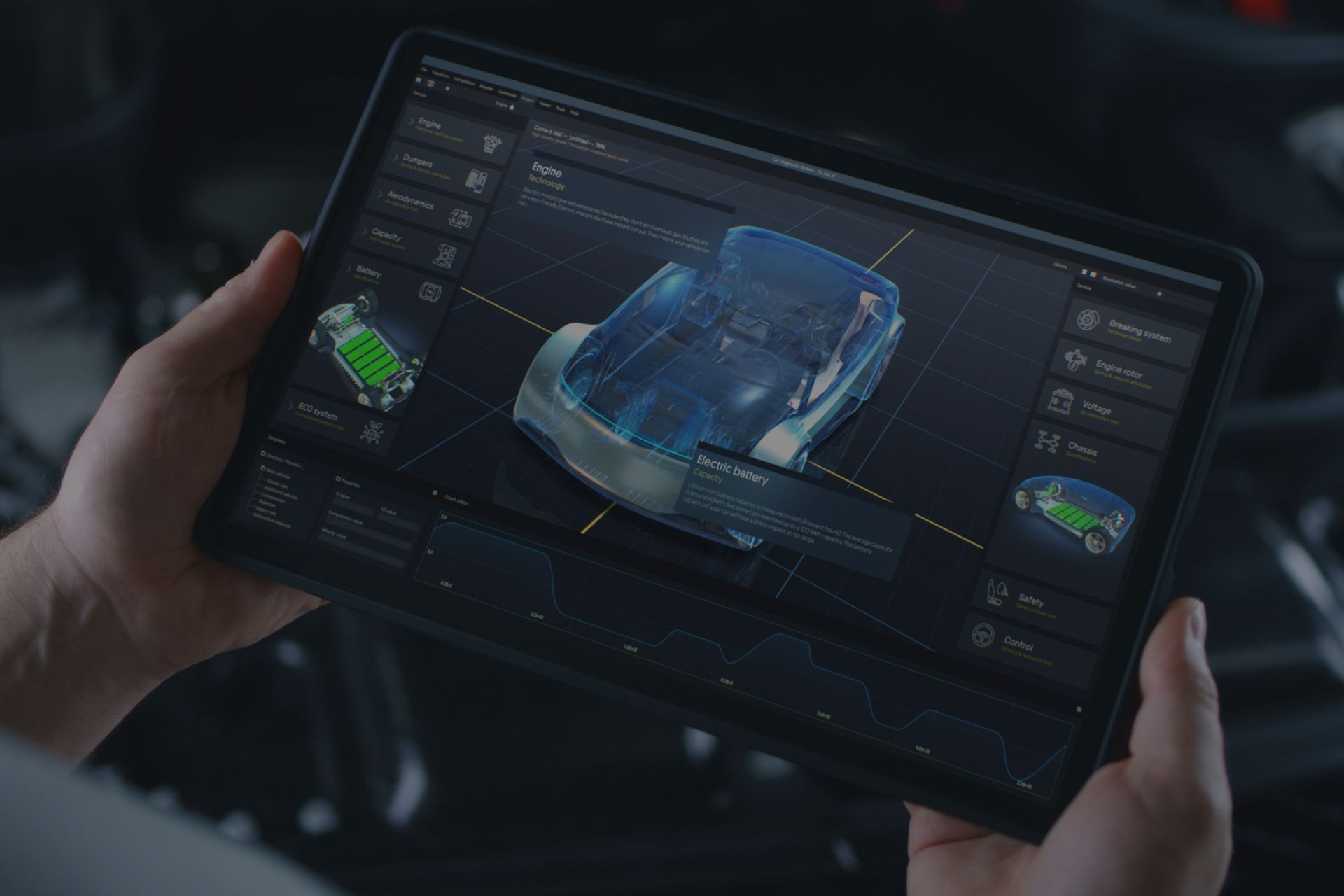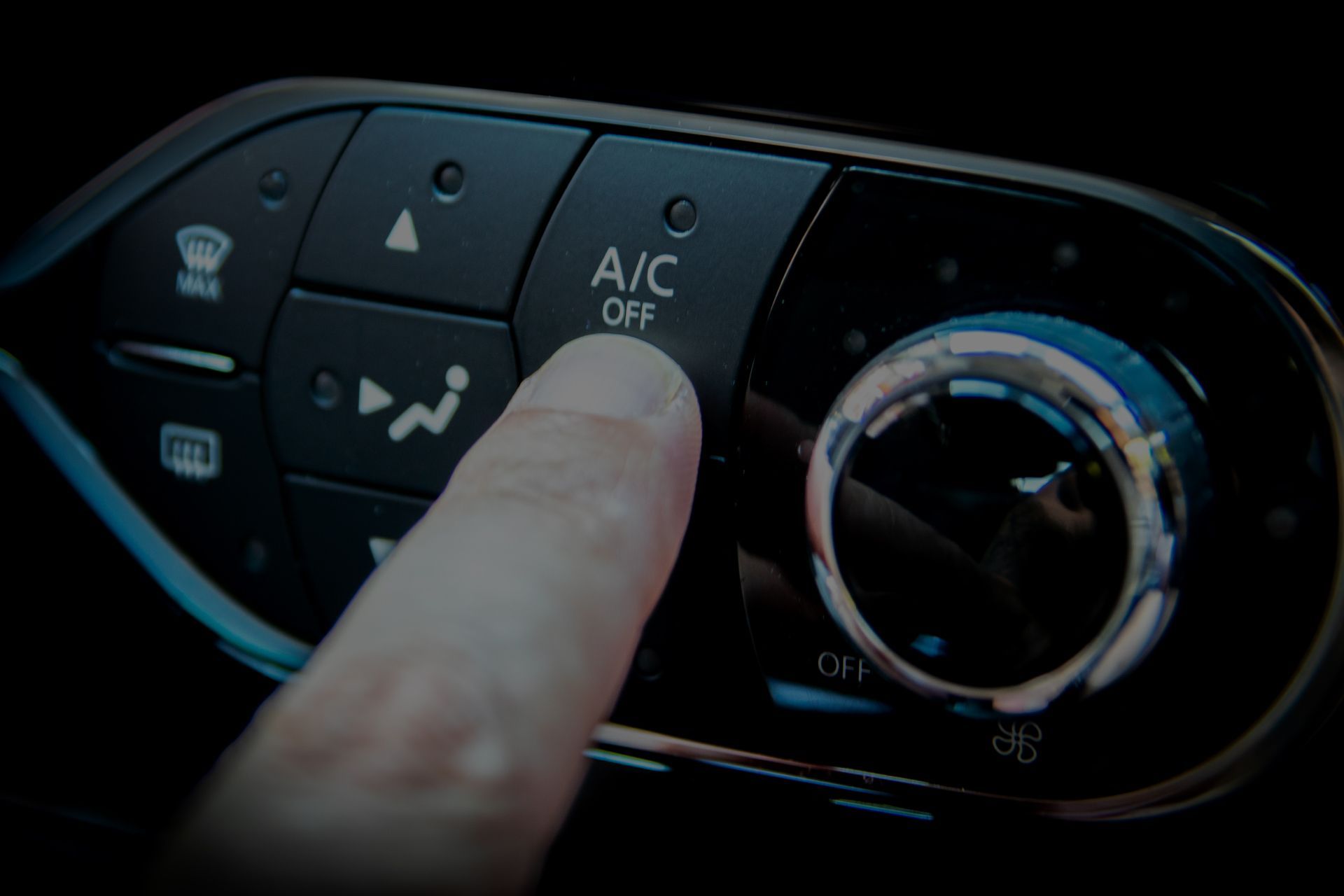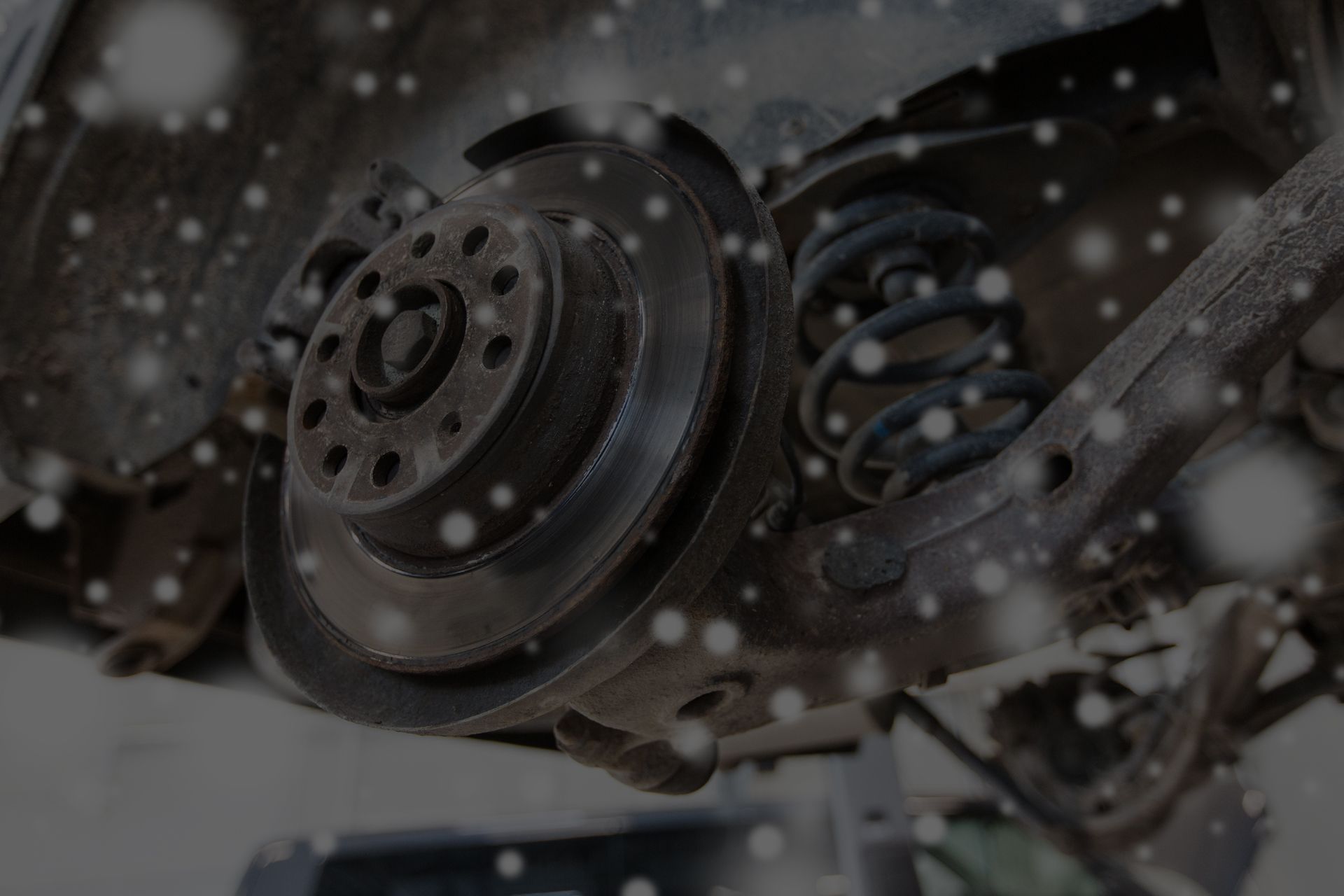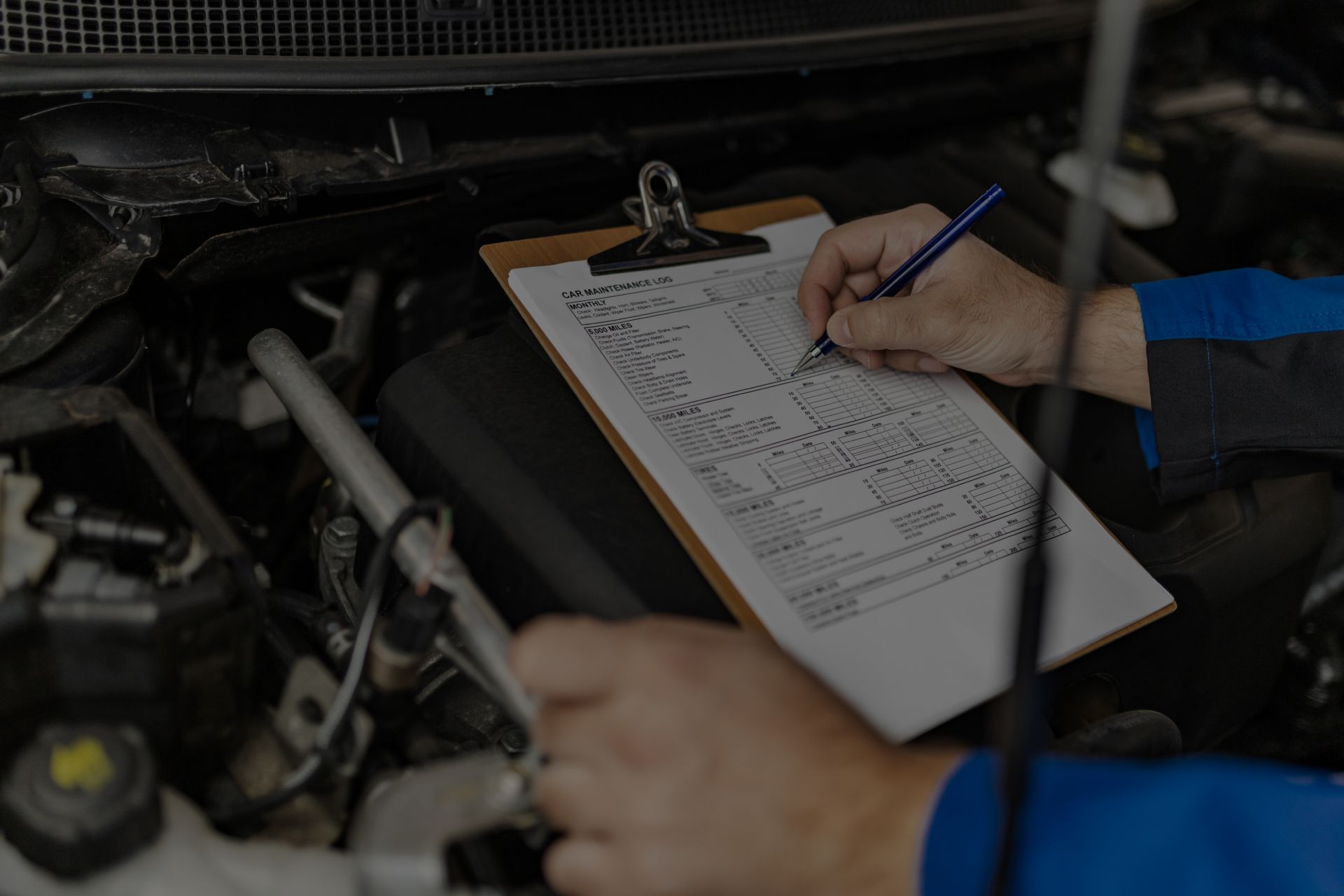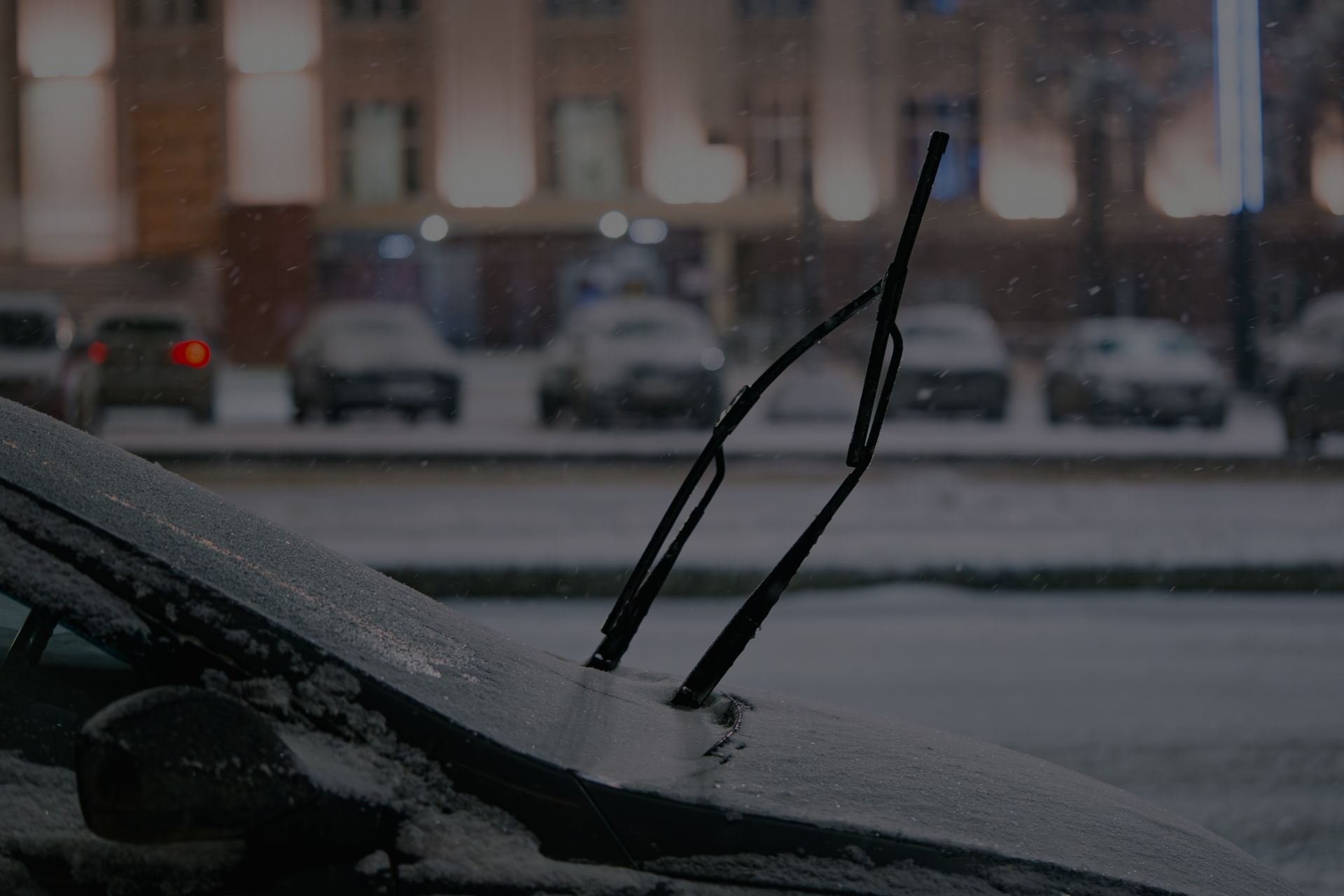Colorado's central location makes it a perfect launching point for diverse adventures—from alpine mountain passes to desert canyonlands and endless prairie highways. But each destination type demands different vehicle preparation to ensure safe, trouble-free travel. Understanding these differences can mean the difference between an unforgettable adventure and a roadside emergency hundreds of miles from home.
Why Destination Matters for Vehicle Prep
While basic pre-trip maintenance applies to all journeys, Colorado's varied terrain and climate zones create unique demands on your vehicle depending on your destination:
Elevation Changes Mountain destinations involve dramatic altitude gains and losses that stress engines, brakes, and cooling systems. Desert trips often include significant descents from Denver's mile-high elevation. Plains driving maintains relatively consistent elevation but covers vast distances.
Temperature Extremes Each region presents different thermal challenges that affect everything from tire pressure to engine performance. Your vehicle needs different preparation for alpine cold, desert heat, or plains weather volatility.
Infrastructure Differences Service availability, fuel quality, and emergency assistance vary dramatically between mountain towns, desert areas, and rural plains communities.
Mountain Destination Preparation
Cooling System Priority Mountain driving puts extreme demands on your cooling system through steep climbs and descents. Have your coolant system thoroughly inspected, including:
- Radiator condition and fluid levels
- Water pump operation
- Thermostat function
- Hose integrity under pressure
European vehicles with aluminum engines are particularly vulnerable to overheating damage at high altitudes where cooling efficiency decreases.
Brake System Readiness Mountain descents create enormous brake demands that reveal weaknesses invisible during city driving:
- Ensure brake pads have adequate material remaining
- Check brake fluid for proper boiling point—mountain braking generates extreme heat
- Inspect rotors for warping or scoring
- Test emergency brake function
Transmission Considerations Steep grades stress transmissions through constant gear changes and increased operating temperatures:
- Check transmission fluid levels and condition
- Ensure proper shift patterns before departure
- Consider transmission cooler inspection for vehicles with towing packages
Emergency Equipment Mountain conditions can change rapidly, requiring specific emergency preparations:
- Tire chains (mandatory on many Colorado passes)
- Emergency blankets and extra clothing
- Non-perishable food and water
- Flashlight and basic tools
- Paper maps for areas with poor cell coverage
Desert Southwest Preparation
Heat Management Systems Desert driving creates sustained high-temperature conditions that test every cooling component:
- Air conditioning system performance check
- Coolant mixture verification for extreme heat protection
- Belt and hose inspection for heat-related deterioration
- Cabin air filter replacement for dust protection
Fluid Considerations Extreme heat accelerates fluid breakdown and evaporation:
- Power steering fluid levels and condition
- Brake fluid moisture content check
- Windshield washer fluid with summer formulation
- Oil condition verification—heat breaks down oil faster
Tire Preparation Hot pavement and sustained high speeds demand optimal tire condition:
- Pressure adjustment for heat expansion
- Tread depth verification for high-speed stability
- Sidewall inspection for UV damage or cracking
- Spare tire condition and proper inflation
Dust Protection Desert environments introduce fine dust that infiltrates every system:
- Engine air filter replacement
- Cabin air filter inspection
- Ensure all seals and gaskets are intact
- Consider additional air filter for extended desert travel
Great Plains Preparation
Long-Distance Endurance Plains driving involves sustained high speeds over vast distances, creating unique demands:
- Wheel alignment check for straight-line stability
- Tire balance verification to prevent driver fatigue
- Suspension inspection for comfort over long distances
- Fuel system efficiency check for maximum range
Weather Preparedness Plains weather can change dramatically and rapidly:
- All-season tire condition for sudden weather changes
- Wiper blade replacement for prairie storms
- Battery condition check for extreme temperature performance
- Emergency kit for severe weather delays
Fuel Economy Optimization Long distances between services make efficiency crucial:
- Air filter condition for optimal airflow
- Tire pressure optimization for highway driving
- Engine tune verification for maximum efficiency
- Remove unnecessary weight to improve fuel economy
Universal Pre-Trip Essentials
Regardless of destination, certain preparations apply to all Colorado road trips:
Fluid Top-Off Check and fill all fluids to appropriate levels:
- Engine oil (use appropriate grade for expected temperatures)
- Transmission fluid
- Power steering fluid
- Brake fluid
- Windshield washer fluid
- Coolant/antifreeze
Electrical System Check Ensure reliable starting and charging in remote areas:
- Battery load test and terminal cleaning
- Alternator output verification
- Starter system inspection
- All lighting function check
Safety System Verification Confirm all safety systems operate properly:
- Brake performance test
- Steering system inspection
- Suspension component check
- Seatbelt and airbag system verification
Timing Your Pre-Trip Service
Schedule vehicle preparation appropriately for stress-free departure:
1-2 Weeks Before Departure Ideal timing allows addressing any discovered issues without rushing or compromising your travel schedule.
Major Service Coordination If your vehicle is due for scheduled maintenance, coordinate this with pre-trip preparation to address multiple needs efficiently.
Post-Service Test Drive Always test drive your vehicle after service to ensure everything operates correctly before departing on your adventure.
Regional Service Considerations
Understanding service availability helps plan for contingencies:
Mountain Areas Limited service options with seasonal closures and higher costs. Ensure your vehicle is in excellent condition before entering remote mountain areas.
Desert Regions Widely spaced service stations with limited inventory. Carry spare fluids and basic repair items for minor issues.
Plains Routes Generally good service availability but potentially long distances between options. Maintain adequate fuel reserves.
Professional Pre-Trip Inspection
Different destinations require specialized knowledge to identify potential problems. Generic inspections often miss region-specific concerns that can cause failures in demanding conditions.
At Importsports Auto Repair Pros & Performance, our ASE Certified technicians understand the unique demands of Colorado's diverse travel destinations. We tailor pre-trip inspections based on your specific route and vehicle type, ensuring optimal preparation for mountain passes, desert heat, or plains endurance driving.
Our comprehensive pre-trip service includes destination-specific recommendations and ensures your European, Japanese, or American vehicle is properly prepared for Colorado's varied terrain and climate challenges.
Don't let preventable problems ruin your Colorado adventure. Contact us today at (303) 752-2422
to schedule your destination-specific pre-trip inspection. Whether you're heading to alpine peaks, desert canyons, or prairie horizons, we'll ensure your vehicle is ready for the journey ahead.
